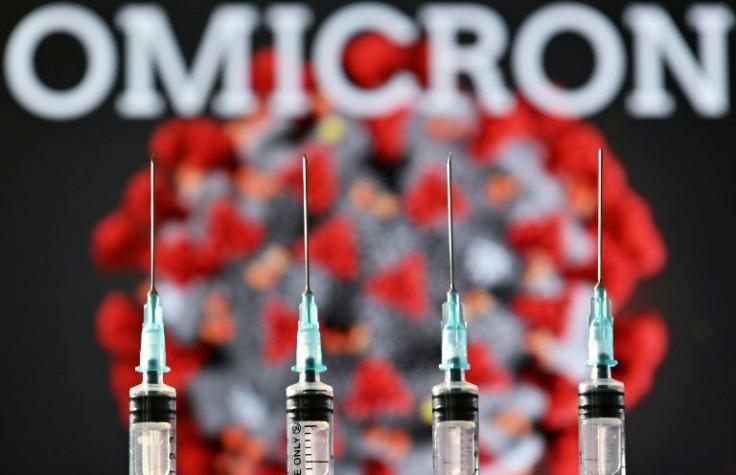Travel Restrictions May Buy Time To Fight Omicron

The World Health Organization announced on Friday that travel restrictions imposed by some countries may buy time to fight the new COVID-19 variant Omicron.
Speaking at a virtual news conference from the Philippines, WHO officials added that measures used to fight the Delta variant should work for fighting the Omicron variant. Those measures include pushing for higher vaccination rates, wearing face masks, social distancing, contact tracing and other measures.
“Border control can delay the virus coming in and buy time. But every country and every community must prepare for new surges in cases,” Dr. Takeshi Kasai, the WHO regional director for the Western Pacific, told reporters. “The positive news in all of this is that none of the information we have currently about omicron suggests we need to change the directions of our response.”
This response is quite different from what the WHO had been saying so far. Prior to the news conference, the organization’s health officials had been against border closures, saying it caused global disruptions and did not actually help contain COVID, the Associated Press reported.
South Africa, where the variant was first identified, had also spoken out against travel restrictions.
"We need to resist unjustified as well as unscientific travel restrictions that only serve to further disadvantage developing economies," South Africa’s President Cyril Ramaphosa said.
Omicron has now been detected in Australia, Belgium, Canada, Germany, Italy, the Netherlands, Portugal, the U.K. and other countries. It has also been recently detected in India, Israel and Hong Kong.
In response, Japan announced that it will be joining Israel in suspending entry to all foreign visitors.
Meanwhile, the U.S. has restricted travel from South Africa and seven neighboring countries.
However, health officials remain uncertain whether this variant presents a different severity profile and whether it could escape protection against immunity induced by vaccines and previous infections.
What is known is that symptoms of the new Omicron COVID variant are said to be “extremely mild,” according to the South African doctor who first identified patients with the virus strain.
As scientists tirelessly work to learn more about the new variant, WHO urges health systems to “ensure we are treating the right patients in the right place at the right time, and so therefore ensuring that ICU beds are available, particularly for those who need them.”
“We cannot be complacent,” Kasai said.





















